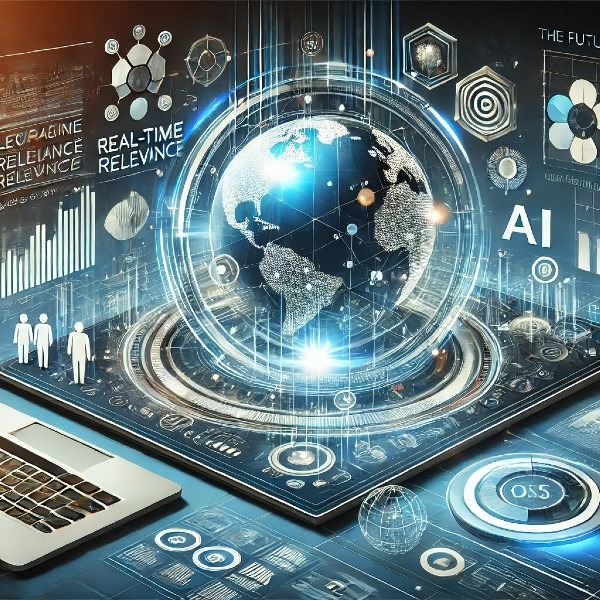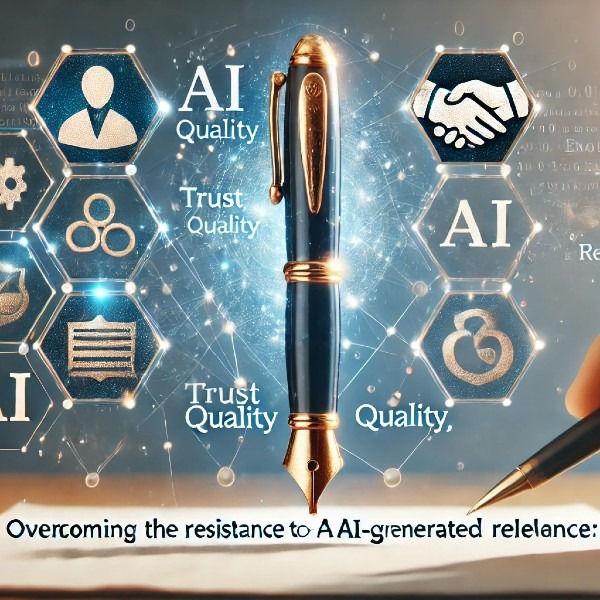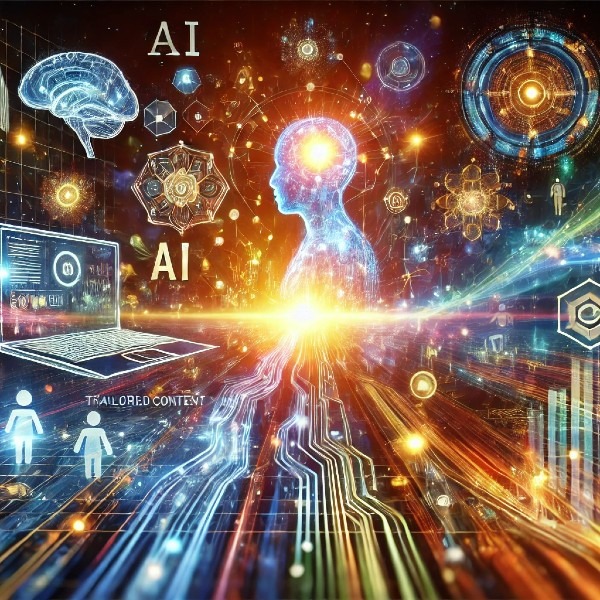Introduction
The Importance of Real-Time Relevance in Website Content
Benefits of Real-Time Relevance:
- Increased User Engagement: Visitors are more likely to return to websites that offer fresh, timely content. Real-time content not only keeps the audience engaged but also encourages more interaction and longer visit durations.
- Higher Search Engine Rankings: Search engines, particularly Google, favor websites that produce up-to-date content. Websites with frequently updated content are seen as more authoritative and relevant, which can improve their search engine ranking.
- Better Alignment with User Needs: Real-time content ensures that your website addresses the current concerns, questions, and needs of your audience, whether those needs are driven by trending topics, seasonal interests, or global events.
User Intent Analysis: The Key to Personalizing Website Content
Why Understanding User Intent Is Important:
- Enhanced User Experience: Personalization increases the relevance of the website content presented to users, which in turn enhances their overall experience. Users are more likely to stay on the site longer if they feel that the content directly speaks to their needs.
- Higher Conversion Rates: When content is tailored to meet user intent, the likelihood of conversions—whether that means making a purchase, signing up for a newsletter, or engaging with other forms of content—increases. Personalization creates a seamless experience that guides users to take action.
- Improved Customer Retention: By consistently providing relevant content that aligns with user intent, businesses can build a loyal customer base. Users are more likely to return to a website that understands and caters to their needs.
How AI Enhances Real-Time Content Generation
The Role of AI in Content Creation:
- Automating Website Content Production: AI can automate the process of creating blog posts, articles, and product descriptions, saving businesses time and resources. AI can analyze keywords, trends, and user behavior to produce content that is optimized for both search engines and user intent.
- Curation and Aggregation: AI can also curate content from multiple sources, providing a comprehensive view of a topic. This is particularly useful for industries like news and finance, where real-time aggregation of information is essential.
- Personalized Recommendations: By analyzing user behavior, AI can provide personalized content recommendations, suggesting articles, products, or services based on past interactions and preferences.
The Role of AI in Improving User Engagement and Conversions
User engagement and conversions are two of the most important metrics for any website. AI-powered tools can help businesses improve both by delivering content that is relevant, personalized, and timely.
Example: An e-commerce website that uses AI to recommend products based on user behavior can increase its conversion rate significantly. For instance, if a user has previously browsed for winter jackets, the AI can display related products, such as scarves, gloves, or boots, increasing the likelihood of a sale.
How AI Enhances Engagement and Conversions:
- Personalized User Journeys: AI allows businesses to create personalized user journeys that lead to higher engagement and conversion rates. For example, an AI-powered website might show different content or products to a first-time visitor than it would to a returning customer.
- Targeted Messaging: AI enables businesses to create highly targeted messages that resonate with users based on their behavior, location, or demographics. This personalized approach makes users feel more valued and increases the likelihood of a conversion.
- Real-Time Customization: AI can instantly adjust the website’s layout, content, and offerings based on user actions. For example, if a user is viewing a product page, AI can display related products or offer a discount to encourage a purchase.
Challenges and Ethical Considerations with AI-Generated Content
While AI offers significant advantages in content creation and user engagement, it also comes with its challenges and ethical considerations. These concerns must be addressed to ensure that AI-generated content remains valuable, accurate, and trustworthy.
Common Challenges:
- Quality Control: Despite advancements, AI-generated content can sometimes lack nuance or emotional depth. Without proper human oversight, there is a risk of producing content that feels robotic or impersonal.
- Misinformation: AI systems may sometimes produce content that is inaccurate or misleading. Without effective fact-checking mechanisms, AI-generated content could contribute to the spread of misinformation.
- Bias: AI models can inherit biases from the data they are trained on. These biases can manifest in AI-generated content, leading to skewed or unfair representations.
Ethical Considerations:
- Transparency: Businesses should be transparent about the use of AI in content generation, allowing users to know when they are interacting with AI-generated material.
- Privacy: AI tools often require access to user data to personalize content. It’s crucial for businesses to respect privacy regulations and ensure that user data is handled securely.
The Future of Real-Time Relevance and User Intent Analysis
The future of website content is undoubtedly tied to advancements in AI. As AI technologies continue to evolve, websites will become increasingly capable of delivering content that is not only relevant and personalized but also anticipates user needs before they are explicitly stated.
Emerging AI Technologies:
- Natural Language Generation (NLG): NLG systems will continue to improve, enabling AI to generate more sophisticated, human-like content in real-time.
- Predictive Analytics: AI will be able to predict user intent even more accurately by analyzing a broader set of behavioral data, allowing for even more personalized content.
- Voice and Visual Search: With the rise of voice assistants and visual search, AI will become more adept at understanding and responding to non-text inputs, further enhancing content relevance.
Conclusion
References
1.1. Introduction to the Definition of Artificial Intelligence Artificial Intelligence (AI) refers to the simulation of human intelligence in machines that are programmed to think and learn like humans. These machines are capable of performing tasks that typically require human intelligence, such as visual perception, speech recognition, decision-making, and language translation. For an in-depth introduction to AI, refer to this resource.
1.2. Dissecting the Meaning of Artificial Intelligence Artificial Intelligence encompasses a broad range of technologies and techniques that enable machines to mimic human cognitive functions. This includes machine learning, natural language processing, and robotics. A comprehensive breakdown of AI can be found in this article.
1.3. The Basics of Artificial Intelligence: An Easy Definition AI is fundamentally about creating systems that can perform tasks that would normally require human intelligence. This includes learning from experience, understanding language, and making decisions. For a simplified definition of AI, see this guide.
1.4. Breaking Down the Concept of Artificial Intelligence The concept of AI involves various subfields such as machine learning, neural networks, and deep learning. Each subfield focuses on different aspects of intelligence and learning. For a detailed exploration of these concepts, visit this resource.







